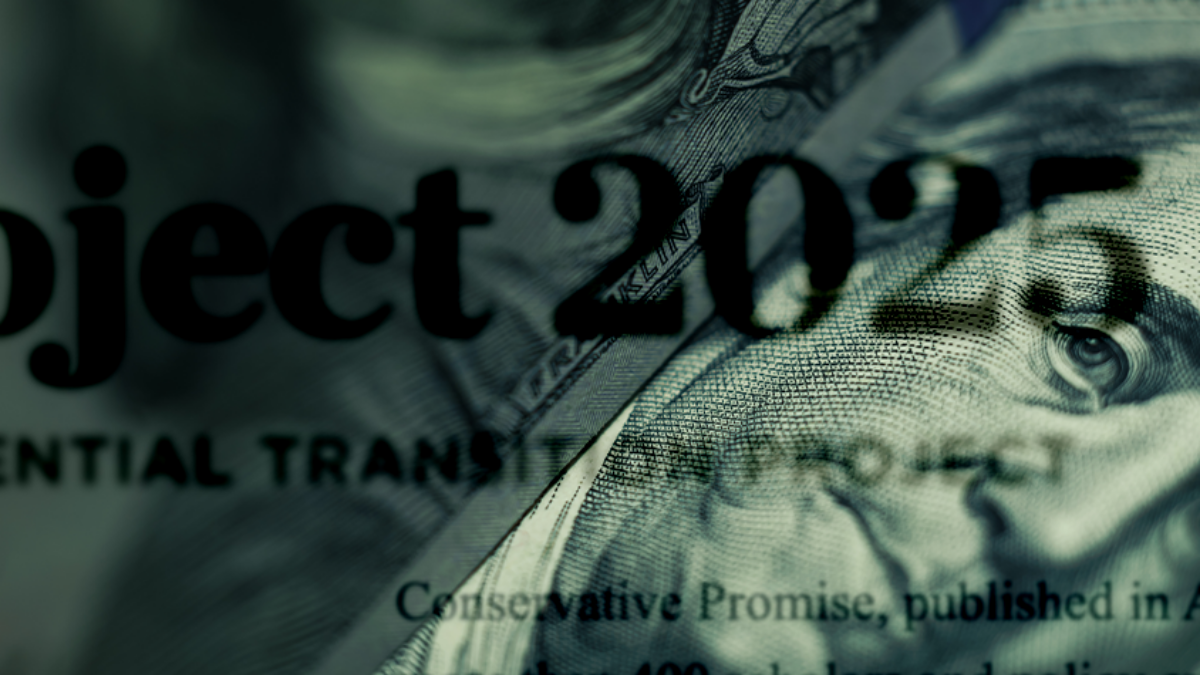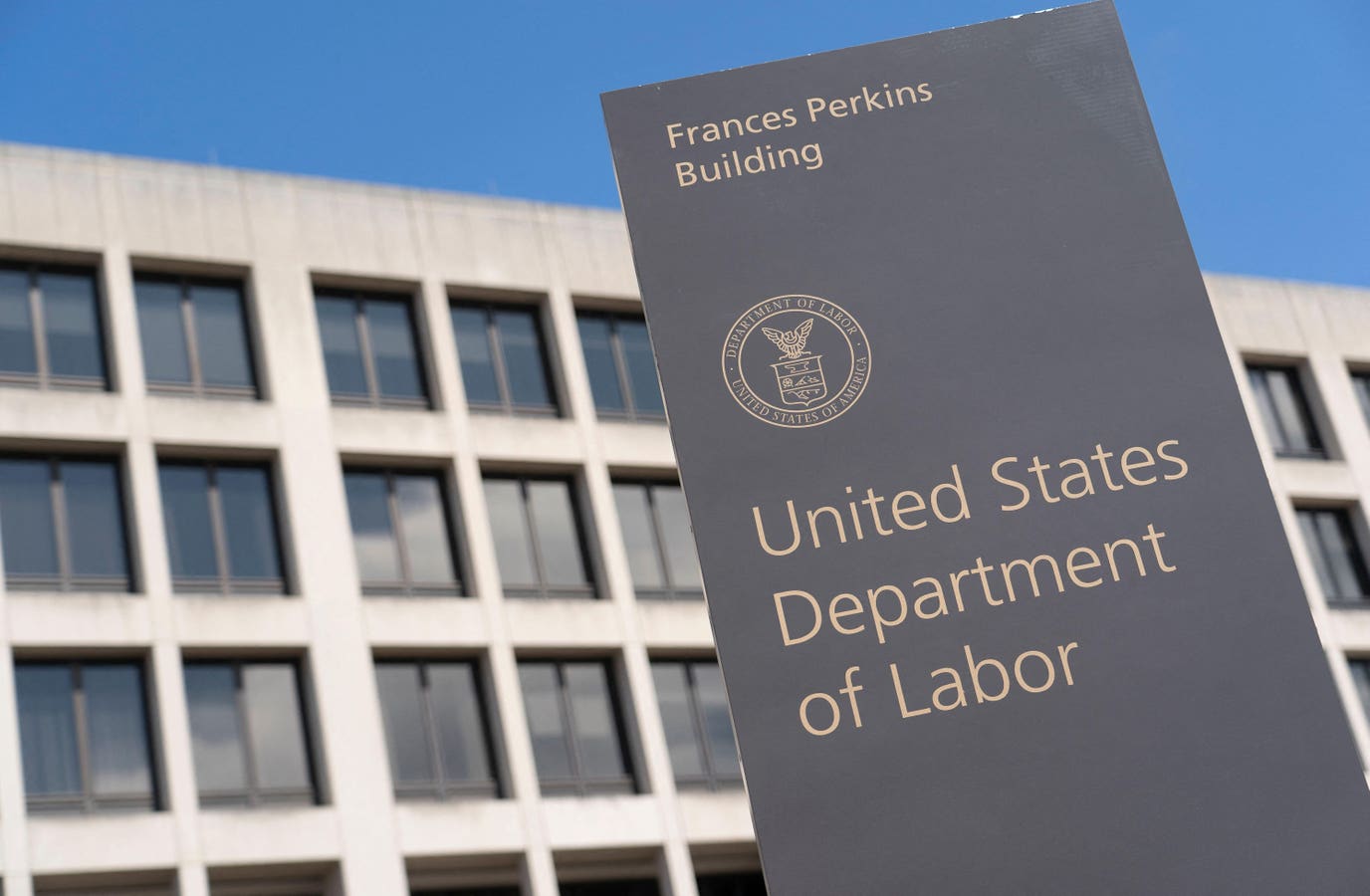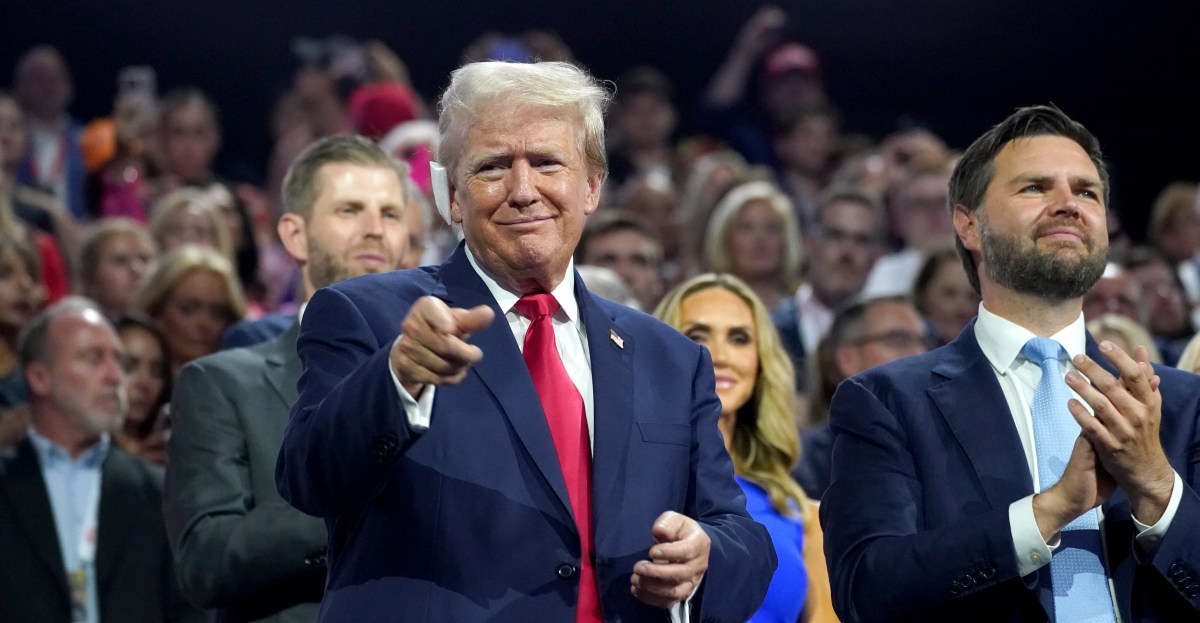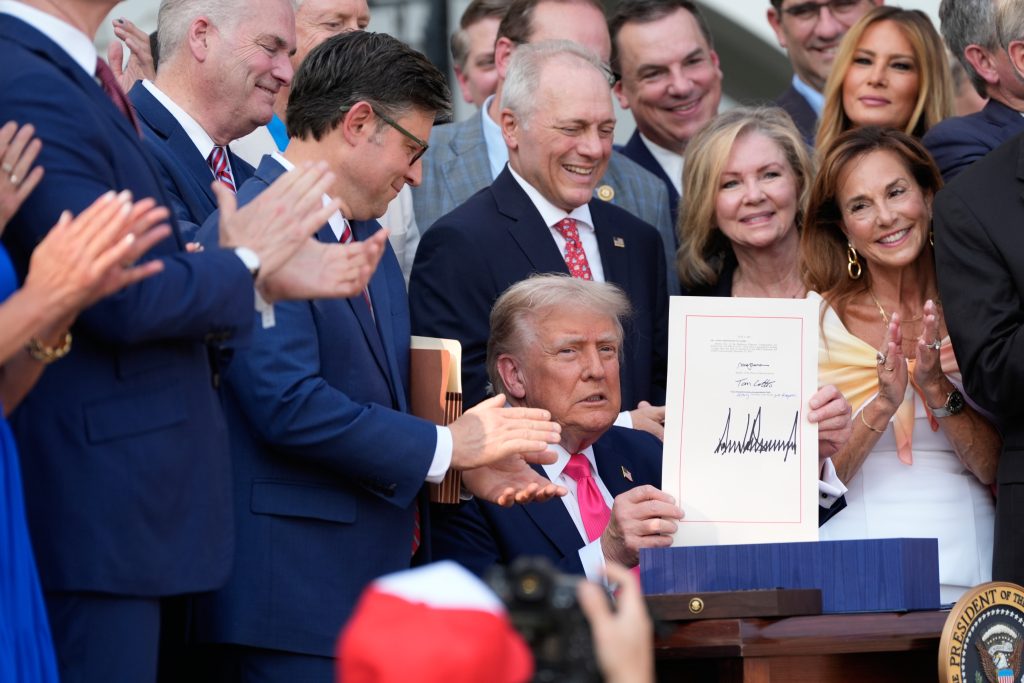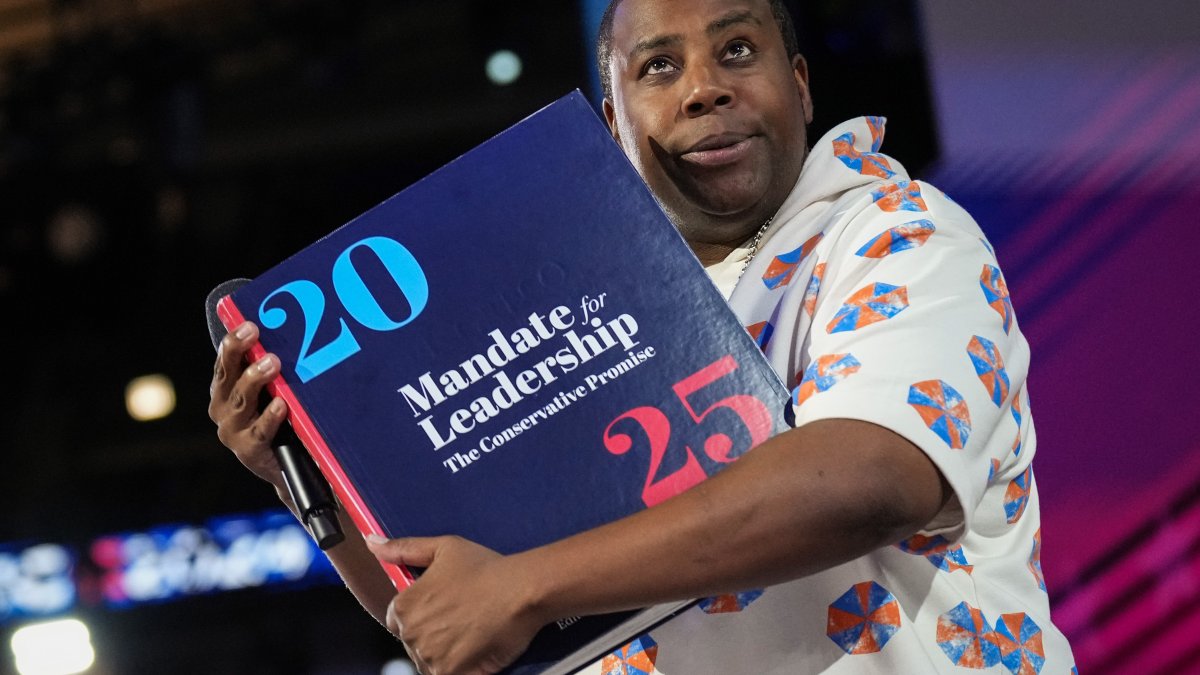Originally by at CREW
The Heritage Foundation’s Project 2025 calls for drastic changes to the structure and processes of the Federal Election Commission (FEC) that would further weaken an agency already known for its inaction, while also urging Congress to give wealthy donors more power and influence in our elections.
Written by 31 former Trump administration officials, nominees, or transition team members, Project 2025 is a policy framework for a potential second Trump presidency. While Trump has tried to distance himself from the report, he has also praised the Heritage Foundation sponsored the Republican National Convention, where its president, Kevin Roberts, was a featured speaker.
The chapter itself was written by former FEC Commissioner Hans von Spakovsky, who is the only FEC commissioner whose appointment ever failed in the Senate (he later received a recess appointment to the agency by former president George W. Bush). In 2017, he was appointed by Donald Trump to serve on his “Presidential Advisory Commission on Election Integrity,” which was disbanded after it was unable to turn up any evidence of widespread fraud in the 2016 election.
Giving big donors more influence
Project 2025 calls for raising the limits on what individuals can give directly to candidates, which would give big donors in politics even more power and influence. Specifically, it says, “Contribution limits should generally be much higher, as they hamstring candidates and parties while serving no practical anticorruption purpose.”
In the 2024 election, individuals can donate $3,300 per election ($6,600 for the primary and general election combined) directly to candidates and an additional $371,700 to a party committee such as the Republican National Committee or Democratic Senatorial Campaign Committee. Through vehicles like “joint fundraising committees” that allow candidates to give to multiple candidates or committees at one time, donors can give even more. For example, one person could write a $824,600 check to the Trump joint fundraising committee.
In the 2022 cycle, just .1% of people in the U.S. donated $2,900 or more to candidates–a tiny fraction that shows just how elite these contributors are, according to the Center for Responsive Politics. This proposal to make these limits “much higher,” will only give big donors more power over the policymaking process and further drown out the voices of average Americans.
Appointing commissioners who won’t enforce the law
The FEC requires that no more than three of the six commissioners can be of the same political party and historically, the president works with Senate leaders to nominate new commissioners—Senate Republicans pick Republicans and Senate Democrats pick Democrats.
Over the years, this structure has mostly given Republican commissioners the ability to block investigations or stop enforcement of our campaign finance laws, even when the nonpartisan attorneys or staff think it’s merited, because 4 votes are needed to launch an investigation or take further action. For example, by the FEC’s own accounting of the 451 enforcement matters considered between April 1, 2019 and May 1, 2023, 64 percent featured at least one “split vote,” which leads to inaction. In fact, the FEC has barely opened any cases in the past year and as of May 23, the Office of General Counsel was only conducting 3 investigations.
And, as CREW reported earlier this year, “As of December 2023, the Federal Election Commission (FEC) has received 59 allegations that Donald Trump or his committees violated the Federal Election Campaign Act. In 29 of those cases, nonpartisan staff in the FEC’s Office of General Counsel (OGC) recommended the FEC investigate Trump. Yet not once has a Republican FEC commissioner voted to approve any such investigation or enforcement of the law against Trump.”
Project 2025 calls on the next president to push back against the long-standing tradition of allowing Democrats to select their candidates of choice, which would likely lead to more commissioners who are unwilling to enforce the laws. Specifically, the report says, “to the extent that the President has the ability to negotiate with the Democratic Party leader in the Senate, he should try to temper any choice of the opposition party to ensure that this individual does not have extreme views on aggressive overenforcement…” As an agency already hobbled by partisan obstruction, this could lead to a further weakening of our campaign finance laws and less transparency about who’s trying to influence our elections.
Limiting campaign finance enforcement
Project 2025 also encourages the president to instruct the DOJ, which is responsible for criminal enforcement of campaign finance law, and the attorney general to defer to the FEC’s interpretation of campaign finance law and enforcement precedents, including in cases where the FEC deadlocked. That would effectively empower anti-enforcement commissioners—who regularly vote as a bloc to impede enforcement —to dictate the DOJ’s approach to criminal enforcement.
This would likely mean fewer people would face consequences for breaking our campaign finance laws and more corruption would go unchecked.
Opposing reforms to strengthen the agency
The FEC is known for its “deadlocks”—or when no position gains 4 votes–on key enforcement matters. This ends investigations or leaves ambiguity in the law–even when the career nonpartisan staff at the agency think action is necessary. These decisions not only let people off the hook for breaking the law, they also encourage bad actors to take advantage of the lack of clarity from the commission.
To address these issues, House and Senate Democrats included changes to the agency’s structure in the For the People Act to modernize the agency and strengthen enforcement.
“The President should vigorously oppose all efforts” to change the structure of the FEC, like those included in the For the People Act, the Project 2025 report says.
While the current state of the FEC is nothing to celebrate and big money donors already have significant influence in politics, Project 2025’s vision for our campaign finance laws would leave us in a much worse position and open up our elections to even more corruption.
Read the Original Story
